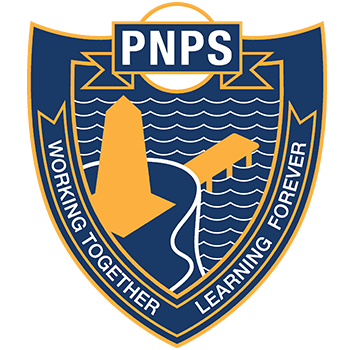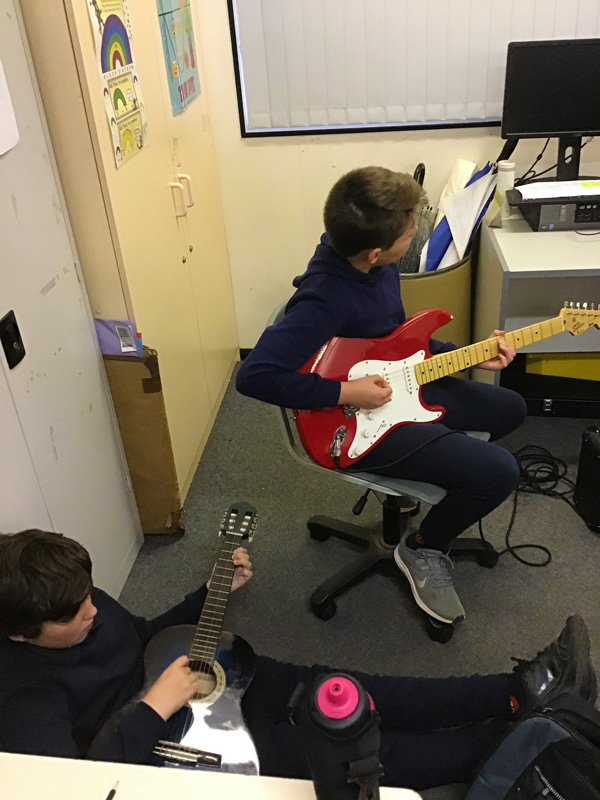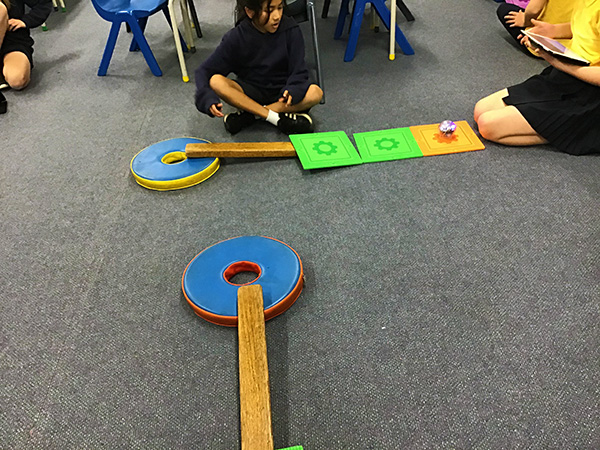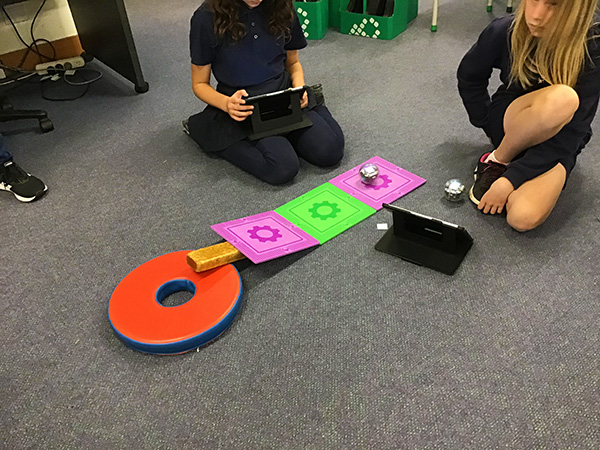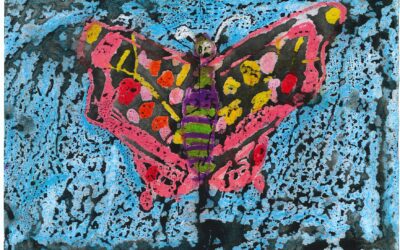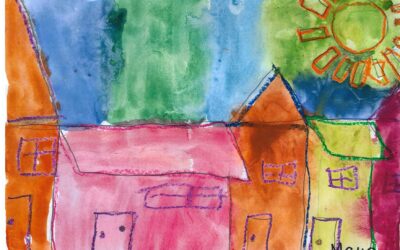
Embedded in the learning in our classroom is a focus on students discovering their strengths, whether these be in literacy, numeracy, scientific and/or creative fields.
All students are encouraged to acquire new skills, take risks, be prepared to make mistakes, adopt a range of strategies and to persist.
Growth v Fixed Mindsets
Over 30 years ago, Carol Dweck, a professor of psychology at Stanford University, along with her colleagues, noticed that some students had different attitudes about failure. These students seemed quite devastated by setbacks. After years of extensive research in schools, Dweck created the terms Growth and Fixed Mindsets to explain the differences in people’s underlying beliefs about intelligence.
People with a growth mindset believe abilities can be developed through dedication and hard work. They’re more likely to enjoy learning, seek out situations to experiment, and see failure as an opportunity to grow. Challenges are a natural part of the learning process.
People with a fixed mindset believe abilities are innate, fixed traits and become fearful of looking less intelligent than their peers.
Here are some examples of the language used to foster Growth Mindsets:
| Fixed Mindset | Growth Mindset |
| I give up! | I’ll try other strategies. |
| I made a mistake. | Mistakes help us learn. |
| This is too hard! | This may take some time and effort. |
| I don’t understand. | What am I missing? |
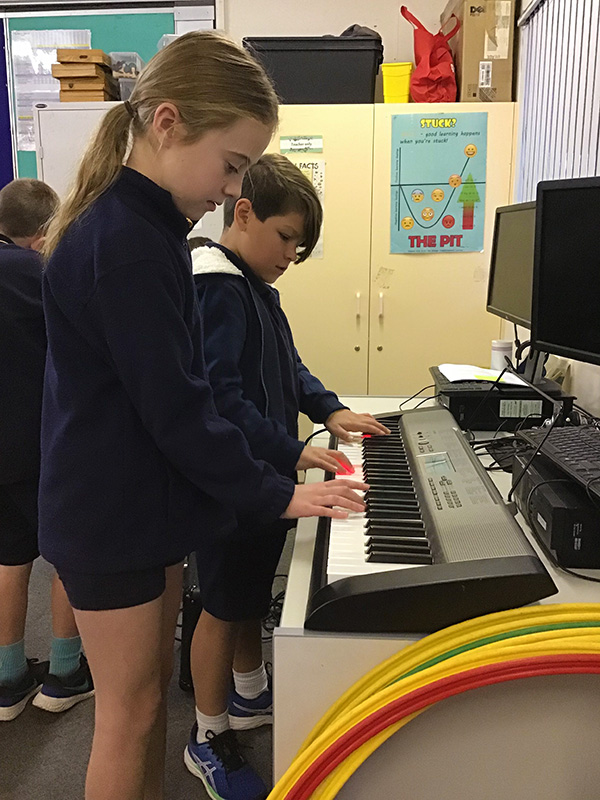
Growth Mindsets and Guitar Practice
Many of the students in these photos have never picked up a guitar before, but have now discovered a talent for playing and we are looking forward to our auditions for Porties’ Got Talent later this term. Our hope is to make it to the Finals, so see you there!
Growth Mindsets and Coding using Spheros
These photos show students in our class investigating, collaborating, experimenting, deliberating and using coding solutions. Who would have thought you could determine the direction, speed and angle of a ball (Sphero), make it ‘draw’ flowers and figures of eight and use it to demonstrate scientific theories of friction and gravity! We would like to acknowledge Mr Heard for having the inspiration to purchase the Spheros and Wanna from the Resource Centre for her invaluable instruction and for making learning fun. Thanks Wanna and Mr Heard!
